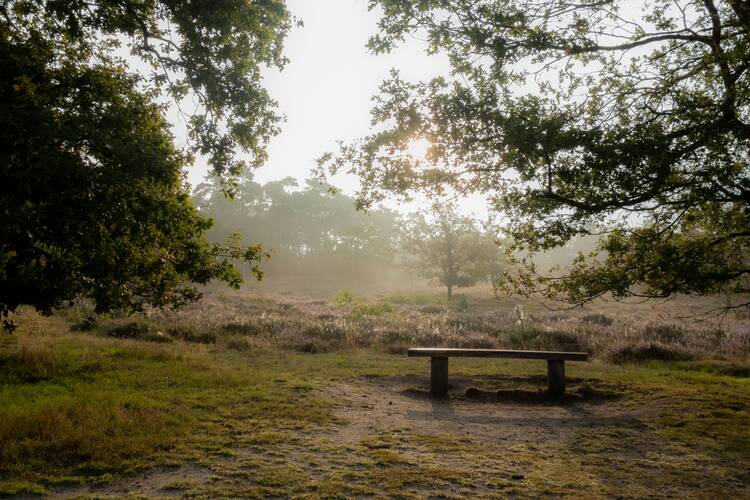A Reflection for Saturday of the Fourth Week in Ordinary Time
You can find today’s readings here.
"Come away by yourselves to a deserted place and rest a while." (Mark 6:31)
What do we do when dramatic things happen in the world around us which are far beyond our control and often beyond our comprehension?
If you’re like me, you look for perspective and guidance from people who have dedicated their lives to the acts of serving and understanding. They can be hard to find because they aren’t seeking the spotlight for their own glory or enrichment, and they don’t easily conform to simplistic categories. A good smell test for this kind of humble authority is mystery. When we simplistically try to “figure someone out” and we can’t, there’s a good chance that person is thoughtful and nuanced.
In December I watched a panel discussion organized by Georgetown’s Initiative on Catholic Social Thought and Public Life, entitled: “What Do We Do Now? Catholic Responsibilities, Opportunities After the Election and Synod.” It passed the smell test and is worth watching.
One of the panelists was David Brooks, a columnist for the New York Times and a contributor to the Atlantic. He warned about growing “acedia” or spiritual listlessness in our society and juxtaposed it with “leisure.” He clarified that leisure is not the opposite of work, as we often presume today. Rather, leisure is “work you do with intrinsic, loving motivation; an attitude of the soul. It’s not an activity. It’s when you do something out of the depths of your soul, whether it’s learning or serving the poor.” Many people today, he concluded, “are drifting through life, suffering acedia without knowing it, because they don’t have a sense to put leisure at the center of their life and not work.”
When Jesus instructs his friends to "come away by yourselves to a deserted place and rest a while,” it’s easy to project our contemporary understanding of work-life balance onto the story. Having travelled with few comforts (Mk 6:8-9), preaching, driving out demons and anointing and curing the sick (verses 12-13), they’re due for a sabbatical.
The work is important. Rest is important. Balance is important. But for Jesus and the Apostles, both are leisure. The public ministry and the private rest are work they do with “intrinsic, loving motivation; an attitude of the soul.” That might be why Jesus’ heart was “moved with pity” for the vast crowds following them wherever they went. And it might be why this account of ministers resting and recuperating tees up one of the greatest miracles in the Gospels: The feeding of the five thousand.








